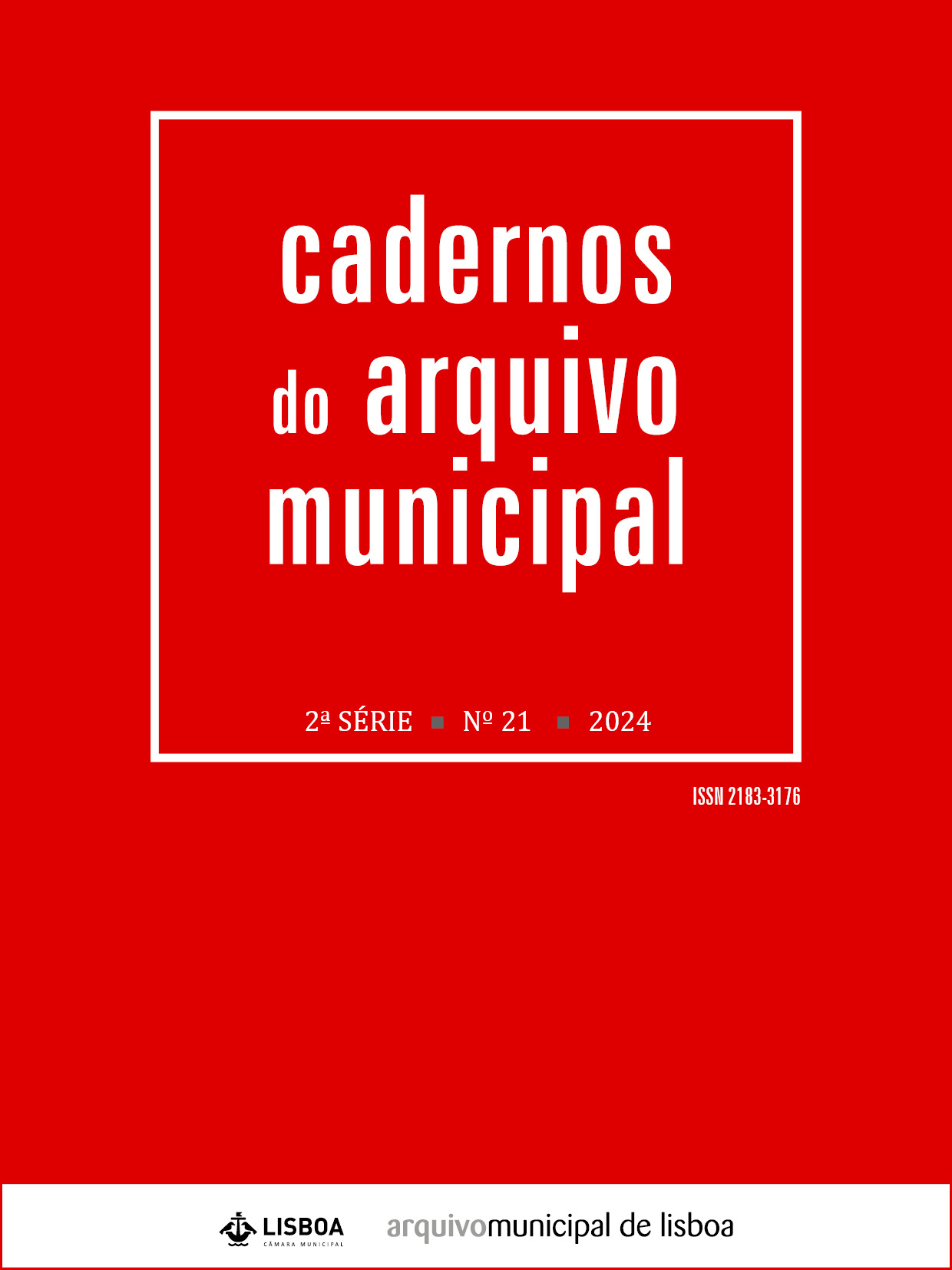Gender and sexuality: The backwardness of the revolution and the radical influence
DOI:
https://doi.org/10.48751/CAM-2024-21345Keywords:
Feminism, Homosexuality, Patriarchy, Social movementsAbstract
The revolution that began in April 1974 did not guarantee from the outset the issues of gender equality and non-discrimination in relation to sexual orientation. These were issues in which the time of the revolution did not coincide with the legal and social changes that continued in the following decades. Even with the participation of women in the revolutionary process in its
different contexts, the ancestral gender subalternity imposed by patriarchy remained after the revolution and was the stage for the existence of a significant women’s movement and, subsequently, for the LGBTI+ (Lesbian, Gay, Bisexual, Transgender and Intersex) movement. The articulation between the two movements from the end of the 1990s, in shared actions around the demand
for the decriminalization of abortion, makes evident the common problems and responses. This article seeks to illustrate the decisive influence of a radical component in both movements from 1974 onwards.
Downloads
Downloads
Published
How to Cite
Issue
Section
License
Copyright (c) 2024 João Carlos Louça

This work is licensed under a Creative Commons Attribution-NonCommercial 4.0 International License.
The authors retain copyright and grant the journal the right of first publication, with the work simultaneously licensed under the Creative Commons Attribution License CC BY-NC 4.0 which allows sharing and adapting the text as long as its authorship is correctly attribbuted with recognition of the initial publication in this journal.








